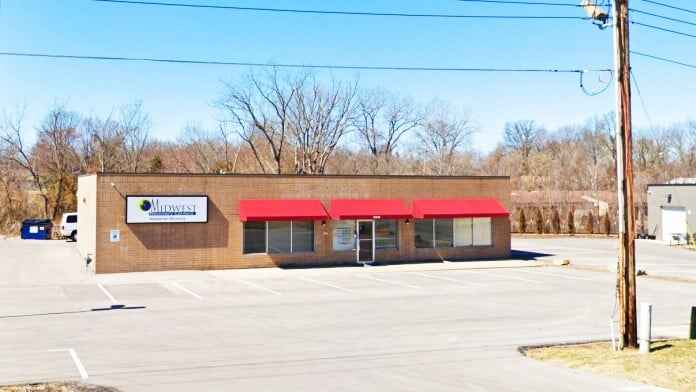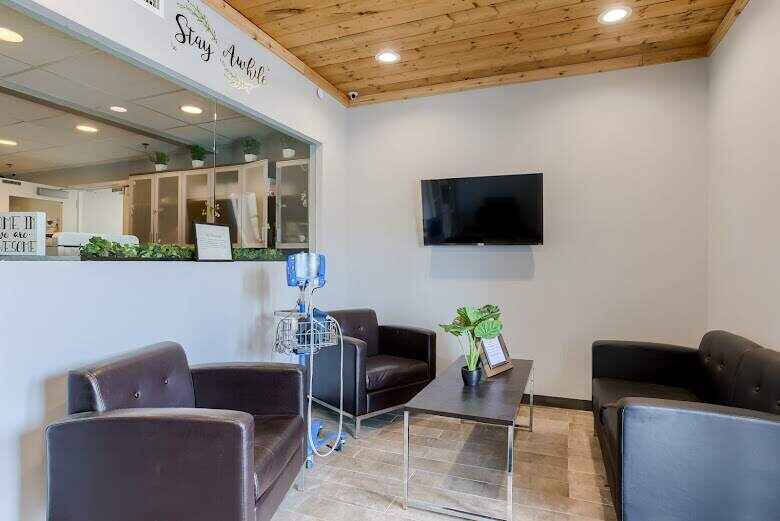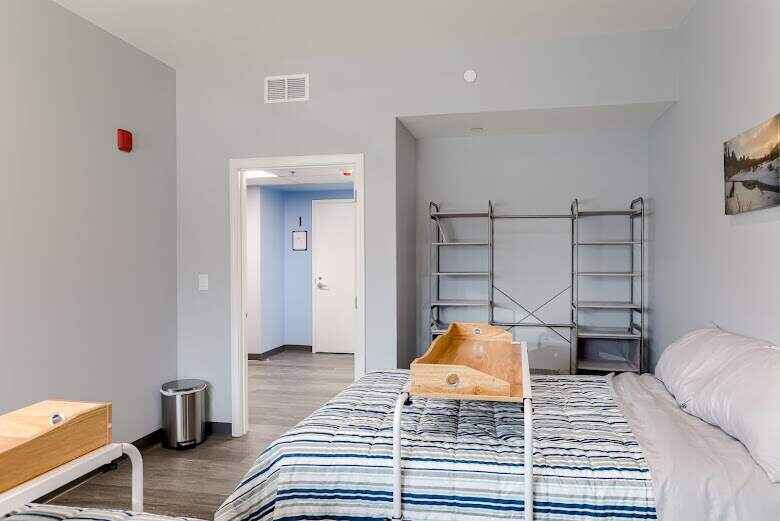About Midwest Recovery Centers – Kansas City
Midwest Recovery is a full service alcohol and drug addiction recovery facility in Kansas City, Missouri. Midwest Recovery provides multi-phase treatment plans that meet adult clients where they are in recovery and guide them through a comprehensive, individualized program. This is a private facility with homelike amenities.
Midwest Recovery uses assessments to uncover adjacent behavioral health concerns before a client enters treatment. They provide dual diagnosis care for clients with such a diagnosis
The first step for many seeking treatment is detox. Clients reside at the facility during this process, where they can be monitored and cared for by the medical team, which helps clients cope with withdrawal. Once a client is stable, they can enter the appropriate level of treatment.
The residential program sees clients live at the facility while receiving treatment. The residence is a secure facility monitored around the clock by staff, who assist in meeting clients’ needs. This is a supportive community environment where clients follow a structured schedule.
Treatment is built on therapy and education groups that seek to help clients better understand their addictions, emotions, and triggers while teaching them improved communication and coping skills to support ongoing recovery. Therapy takes place individually and in groups.
During the second residential treatment phase, clients are moved to transitional housing, where they continue to receive outpatient care. Clients begin taking on more responsibility and gain more freedom as they continue to receive treatment and practice coping skills in anticipation of returning to independent living.
The IOP day program has clients visit the treatment facility three nights a week for three hour sessions. It’s sometimes used following inpatient care and lasts for 24 sessions. Clients participate in the same types of therapy and education groups as those offered in inpatient care.
This is a less intensive version of IOP for those who have shown improvement in coping skills and substance use avoidance. It uses the same model of therapy and education groups but meets less frequently than IOP, two and a half hours a night for two nights a week.











